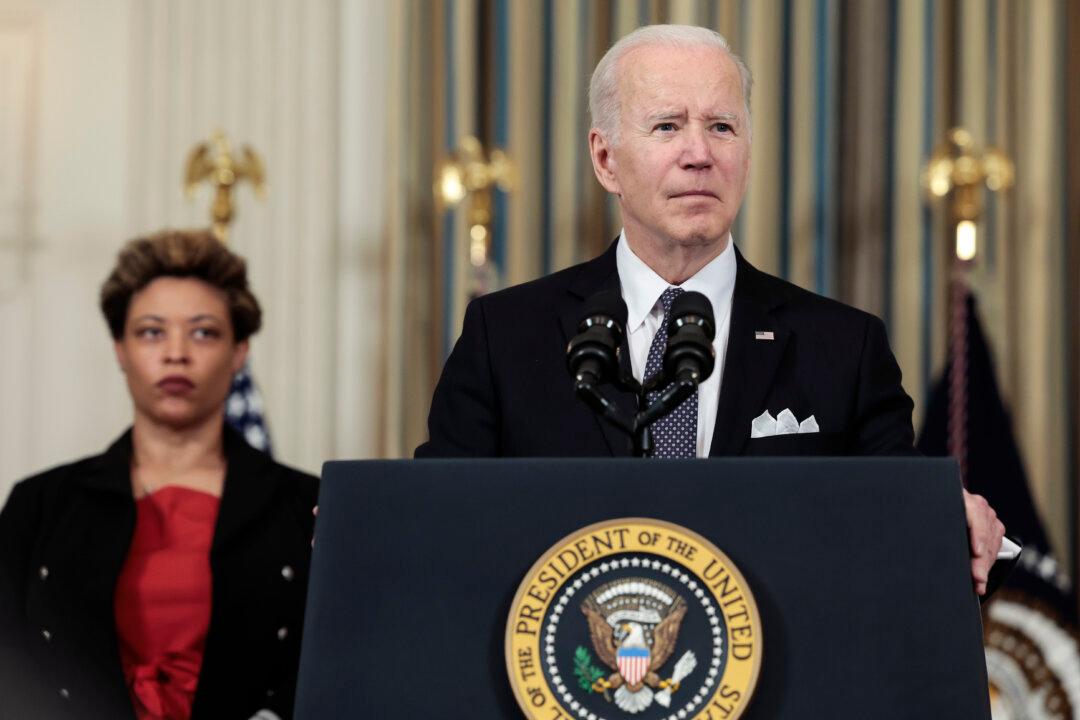President Joe Biden’s proposed United States’ federal $5.8 trillion Fiscal Year 2023 budget increases overall domestic spending by 7 percent, boosts military allocations by 10 percent and includes a raft of new tax levies for high-income earning individuals while raising the corporate income tax from 21 percent to 28 percent.
The 149-page proposed budget introduced on March 29 is not a set-in-stone, line-by-line appropriations package, but an outline of aspirational spending requests certain to be significantly amended over the spring and summer by Congress before the new fiscal year begins Oct. 1.





